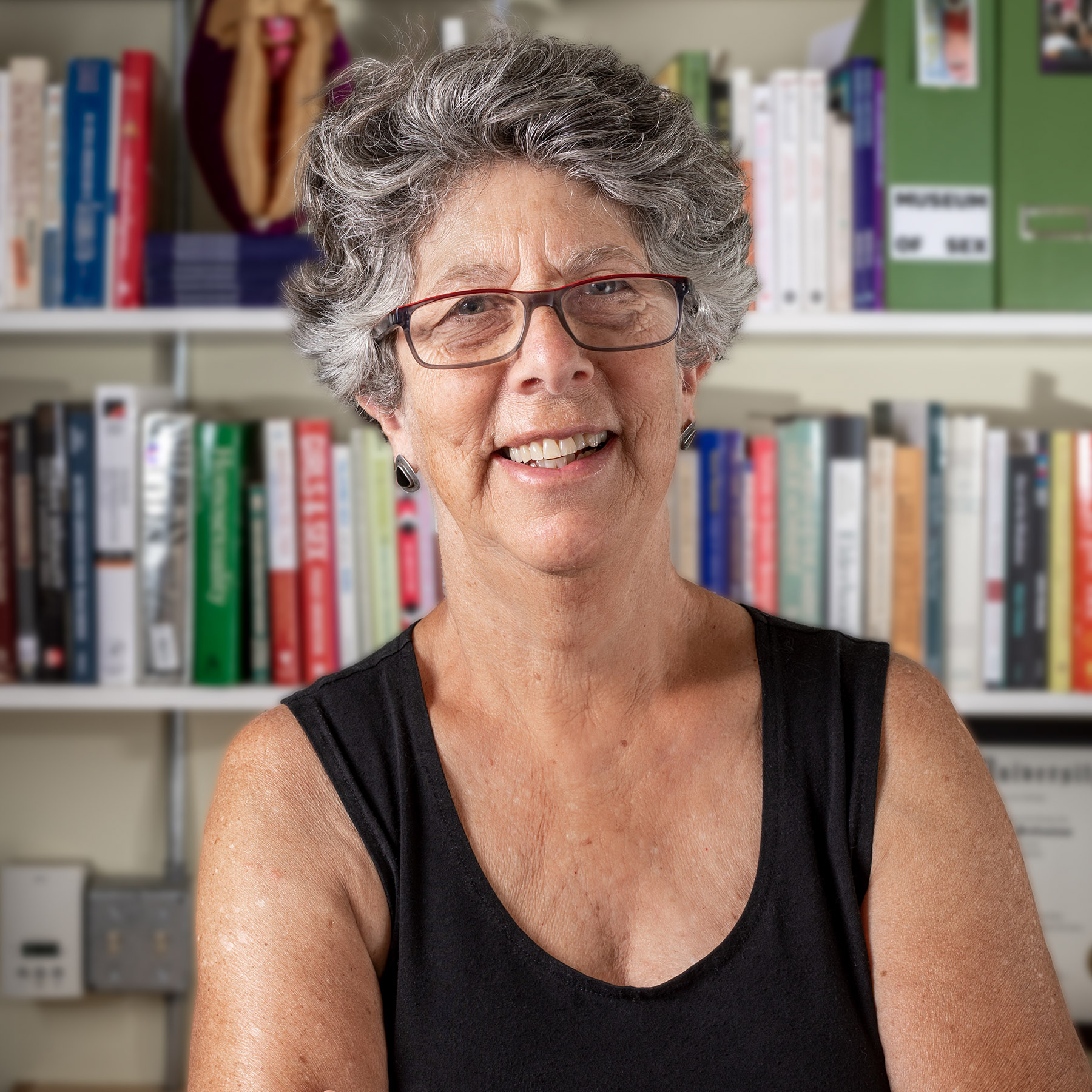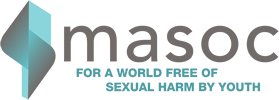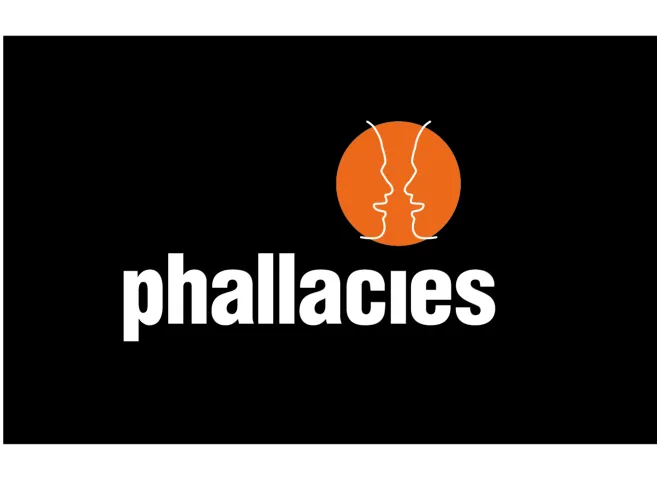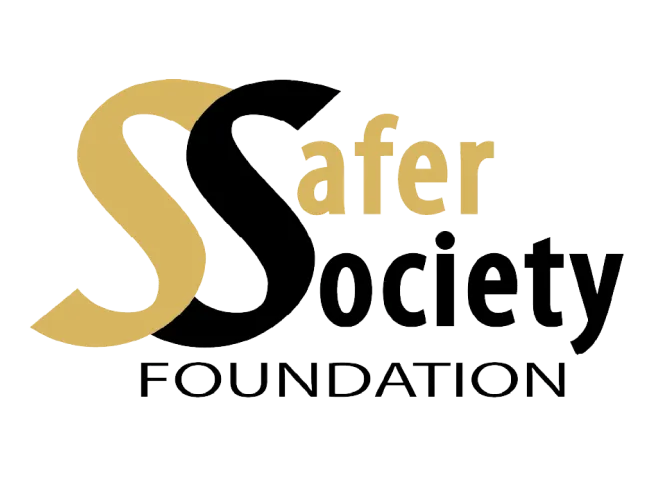AGENDA
Children and Adolescents Engaging in Problematic Sexual Behaviors
October 22–23, 2024 | Marlborough, Mass.
Online Registration is closed. Email registration@masoc.net
CE CREDITS:
- The pre-conference has been approved for 6.0 CE credits for LMHCs and MSWs. And the main conference has been approved for 5.5 CE credits for LMHCs and MSWs by the MA Mental Health Counselors Association (MCEAP Authorization 24-0631) and NASW-MA (Authorization D92883-1 and D92883-2).
- This program is sponsored by the Massachusetts Psychological Association (MPA). MPA is approved by the American Psychological Association to sponsor continuing education for psychologists. MPA maintains responsibility for this program and its content.
Please contact us at registration@masoc.net for the status of any other CE credits.
Venue: Best Western Royal Plaza Hotel & Trade Center
181 Boston Post Rd W, Marlborough, MA 01752
The conference will be at the Best Western Royal Plaza Hotel & Trade Center in Marlborough, Mass.
The hotel block at the Best Western is now full. Other local hotels include:
- Extended Stay America Suites – Boston – Marlborough
- Embassy Suites – Boston – Marlborough
- Fairfield Inn & Suites Boston Marlborough/Apex Center
- Hampton Inn Boston/Marlborough
Wherever you stay, we recommend booking for Monday, Oct. 21 through Thursday, Oct. 24 to make the most of the event, networking opportunities and the pre-conference intensive.
October 22, 2024: Pre-Conference Intensive
Considering the Whole Child: Introducing the MA Child and Adolescent Assessment Protocol (M-CAAP)
with Kevin Creeden, MA, LMHC and Robert Kinscherff, PhD, JD
The M-CAAP is designed to guide clinicians in their understanding of a youth’s problematic sexual behaviors by considering that behavior in the context of their broader individual and social development. This optional full-day intensive will lay out the M-CAAP tool as an assessment protocol, and discuss how to use the M-CAAP framework as an opportunity to build connections between clinicians and systems, and a means to explore effective interventions in the whole ecosystem surrounding the young person.
8:30 – 9:00
REGISTRATION
9:00 – 9:15
WELCOME
9:15 – 11:45
M-CAAP TRAINING
11:45 – 1:00
LUNCH (On your own)
1:00 – 3:00
IMPLEMENTING M-CAAP
How to Frame Reports; Collaborating with Care Partners
3:00 – 3:30
COFFEE BREAK
3:30 – 5:00
CASE STUDIES, EVALUATION AND CLOSING
Online Registration is closed. Email registration@masoc.net
October 23, 2024: Core Conference Day
8:30 – 9:00
REGISTRATION
9:00 – 9:15
WELCOME
9:15 – 10:15

KEYNOTE
Sexual Wellbeing: Critical for Success in Treating Teens Engaging In PSB
Jane Fleishman, PhD, MEd, MS, AASECT Certified Sexuality Educator
Treating adolescents engaging in problem sexual behaviors requires clinicians, educators, and administrators to be well-versed in many areas of sexuality that the general public finds challenging to discuss. Historically, sex education for adolescents has been limited to an understanding of biology. There is so much more that teens want to know and need to know as they are exposed to a wider range of materials, ideas, and evolving sexual norms. How to bridge that gap? Dr. Fleishman offers a refreshing sexuality educator’s perspective suffused with hope. This keynote will cover the latest research on what adolescents want out of their sexuality education and introduce you to a variety of accessible resources to integrate into your work with any adolescent including those engaging in PSB.
Jane Fleishman, PhD, MEd, MS, is a writer, educator, researcher, and AASECT Certified Sexuality Educator. She earned her MEd and PhD at Widener University Center for Human Sexuality Studies. She is on a mission to promote sexual wellness and doesn’t shy away from the difficult and complex realities of making that happen. She has presented at conferences all over the US and abroad. Her curious nature led to her latest accomplishment, The Stonewall Generation: LGBTQ Elders on Sex, Activism, and Aging which recently won a coveted Nautilus Book Award. She co-hosts an award-winning podcast on sex and her popular TEDx talk has reached over 95,000. She is the proud mother of two really fabulous millennials and lives in Northampton, MA. You can reach her at www.janefleishman.com.
10:15 – 10:45
BREAK
10:45 – 12:15
WORKSHOP SERIES A
A1: Supporting Children Engaged in PSB: Recommendations for a Trauma-Responsive and Coordinated System of Response
Alix Riviere, Ph.D.
Whether children engaging in PSB receive any supports or are punished for their behaviors often depends on where they live, how they are perceived, and who they interact with. Massachusetts is building its capacity to serve children with PSB, but our system remains under-resourced, fragmented, and confusing for families and professionals. To ensure children with PSB receive appropriate, timely and quality services and their families are supported in a trauma-responsive and effective way, the Office of the Child Advocate will present recommendations on how to build our child-serving systems’ collective capacity to support children with these specific behavioral health needs.
A2: Porn Literacy for Adolescents
David Goldsztjan, Ph.D.
The Boston Public Health Commission’s Start Strong program is an international leader in utilizing media literacy projects to engender conversations in preventing teen dating violence and promoting healthy relationships. Research suggests that virtually all U.S. youth have seen sexually explicit media (i.e., pornography) once or more by the time that they are 18. Using qualitative and quantitative research with youth about their use of pornography and dating experiences, and expertise in youth developed and trauma informed frameworks, a nine-session pornography literacy curriculum was created: The Truth About Pornography. The curriculum engenders conversations around porn, increasing healthy communication, and emphasizing consent.
Kathleen Buckley, LMHC, LCMHC; Sally Gulmi, M.Ed. & Julianne Chace, LICSW
The child and adolescent behavioral health field has seen an increase in the acuity of youth presenting for treatment. Youth placed in residential treatment to address sexually problematic behaviors are presenting with more significant overall behaviors and increased mental health needs than was previously observed. This workshop will explore reasons driving this increase, obstacles and challenges faced by treatment programs, the role and methodology of psychosocial assessment in case conceptualization and treatment planning, and a heightened conceptualization and awareness of the foundations of treatment.
Meg Stone, MPH
One adult can’t be alone with one child. The only acceptable types of touch are fist bumps and high fives. Policies like these help youth serving organizations prevent sexual abuse and problem sexual behaviors. At the same time, these requirements can make programs inaccessible to disabled youth, a group that is disproportionately affected by sexual abuse and too often excluded from positive youth development. In this workshop, participants will learn how disability-specific schools and adaptive sports organizations have created nuanced and inclusive abuse prevention policies and practices. Participants will discuss and strategize around common abuse prevention challenges.
David Prescott, MSW, LICSW
While our field has rightly discussed the importance of self-care in our work, very little focus has been placed on what research shows about becoming more effective as a practitioner. This presentation will illustrate what research has found about what does and doesn’t contribute to professional development and will offer observations on current trends in def-care and compassion.
12:15 – 1:15
LUNCH
1:15 – 2:45
WORKSHOP SERIES B
Kevin Creeden, M.A., LMHC
The 2006 ATSA Task Force report on Children with Sexual Behavior Problems became a foundational resource for clinicians and researchers working to understand and address the variety of issues that can arise when young children engage in sexual behavior that appears to diverge from developmental norms or hinders healthy development. Recently, The ATSA Child and Adolescent Committee undertook an effort to update and expand the initial report with information that incorporates current research and evolving treatment approaches. This training presents an overview of the ATSA Children with Sexual Behavior Problems, 2 nd edition and highlights current research that has enhanced our understanding and informed best practices since the original report. We will also discuss some of the emerging issues that continue to influence and shape our efforts to provide effective support and direction to these children, their families, and other involved educational/social service systems moving forward.
Beth Cote, M.S.
The treatment and prevention of sexual behavior problems requires an understanding of the adversities that shape adolescent attitudes and beliefs. The balance between independence and asking for help can enhance relationships. This workshop will discuss interventions and strategies that foster co-regulation and the skillsets of youth, in addition to the review of treatment phases.
B3: Putting the Pieces Together: Enhancing Prevention & Treatment for Youth with Developmental Disabilities and on the Autism Spectrum
Laurie Guidry, PsyD; Amanda Kerry, M.Ed., Ph.D.; and Brian Malbon, MSW
Children and adolescents on the Autism Spectrum are increasingly presenting in clinical contexts with more complexity and emergent needs. Individuals on the autism spectrum have the same sexual and relationship wants and desires as their neuro-typical peers; however, they may have more difficulty navigating their social and emotional world and understanding appropriate boundaries. Many clinicians are unsure of how best to provide support to this group with multifactorial challenges. Lack of understanding and fear can lead service providers to miss opportunities to implement prevention programs, overestimate risk, view these youth from a primarily deficit-focused perspective, and overly rely on punitive responses. This workshop will discuss ASD-specific challenges and review best practice considerations for the assessment and treatment of children and youth with ASD who have engaged in problematic sexual behaviors.
Tanya Whitworth, Ph.D.
This workshop provides an overview of current research on children and adolescents who sexually harm siblings, including prevalence, demographic variation, and recommendations for intervention. Research shows that compared to youth who sexually harm other peers, those who sexually harm siblings have experienced more ACEs on average and are more likely to have been sexually abused or exposed to domestic violence or harsh and rejecting parenting. These differences and the fact that both the child or adolescent with PSB and the harmed child belong to the same family have implications for treatment and necessitate a whole-family approach.
JoAnne Waite, LMFT & Jennifer Mendicino, Ed.D., LSWA
Utilizing this innovative non-clinical expressive art approach to explore the relationship between different emotions that people experience. The project explores the contrast between how we present ourselves to the outside world when we actually feel something else inside, or the dynamic that occurs when we feel multiple emotions at one time. Participants begin to bring these two aspects of self together in unity. The result of the project are self-portraits produced using mixed media and seek to empower each person in expressing both internal and external feelings through the created faces.
2:45 – 3:00
BREAK
3:00 – 4:30
WORKSHOP SERIES C
C1: It is not as Simple as 1, 2, 3: A look inside the Sex Offender Registry Board (SORB) process towards adolescents
Monica Ferraro, Phd and Megan McLaughlin, Esq.
This workshop is an opportunity to understand if, when and how an adolescent might be placed on the sex offender registry. Participants will have the chance to dive into the circumstances when an adolescent might fall under the jurisdiction of the SORB, the regulatory factors delineated by statute and regulation and the decision making in the classification process. Most importantly, this interactive workshop will offer participants a chance to learn about opportunities to impact these decisions to ensure the best outcome for each adolescent while in compliance with the mission of SORB to promote public safety and prevent further victimization.
Jane Fleishman, Ph.D.
Clinicians and educators who work with adolescents with problem sexual behaviors have often been frustrated by the dearth of resources on sexual wellness. In this fast-paced and exciting workshop, participants will gain (1) access to new resources, (2) an opportunity to experience sexual wellness activities designed for adolescents with problem sexual behaviors, and (3) insight into their own comfort levels with teaching sexual wellness (including sexual health, sexual pleasure, sexual justice, and sexual well-being). The facilitator is an experienced sexuality educator who is currently writing a manual with a focus on these activities for clinicians.
Elizabeth Griffin, M.A., & Jannine Hebert, M.A, LP
This presentation will discuss the online sexual behavior of youth, especially those who are at-risk and vulnerable for developing online sexual problems, including sexual offense behavior. Participants will leave with an understanding of the psychology of technology and its impact on youth and their online behavior. Practical suggestions for identifying youth who are at-risk for problematic online sexual behavior, and how best to intervene with creative intervention strategies will be discussed. Best practices for the management of youth and their online sexual behavior will also be presented.
Lynn Sanford, LICSW
Are the clients pushing your buttons lately? Learn to listen to their difficult behavior as an alternative (and powerful) form of communication. Sorting out our feelings from the clients’ feelings can be an on-going process. Using clips from popular films, this workshop will focus on the dynamics of projective identification as well as ten self-care guidelines for the voluntary worker engaged in a dance with the involuntary client.
C5: Identifying and Intervening on PSB with Young Children and their Families
Ariel Berman, PhD
Many clinicians feel uncertain about how to support caregivers in intervening on problematic sexual behavior (PSB) in young children. Part of this discomfort may be related to uncertainty about which behaviors are normative and when behaviors may become concerning. Early interventions based on behavior parent training (BPT) with young children (3-6) exhibiting problematic sexual behavior show great promise. This workshop will cover the current research literature on typical and concerning sexual behaviors, identifying when to intervene, and how to support caregivers in appropriately intervening, safety planning, and finding an evidence-based intervention program.
5:30- 7:00

For Joan Tabachnick and Diane Langelier
Join us for hors d’oeuvres and raise a glass to celebrate Joan and Diane and their contributions to MASOC and the MASOC/MATSA conferences as they move on to the next season of their work.
REFUND AND CANCELLATION POLICY: Refunds will not be given unless the conference is canceled. If you are unable to attend for any reason, you may designate a replacement. Please notify the conference coordinator as soon as possible of any changes via email at registration@masoc.net, or by phone at 413-344-0367.







